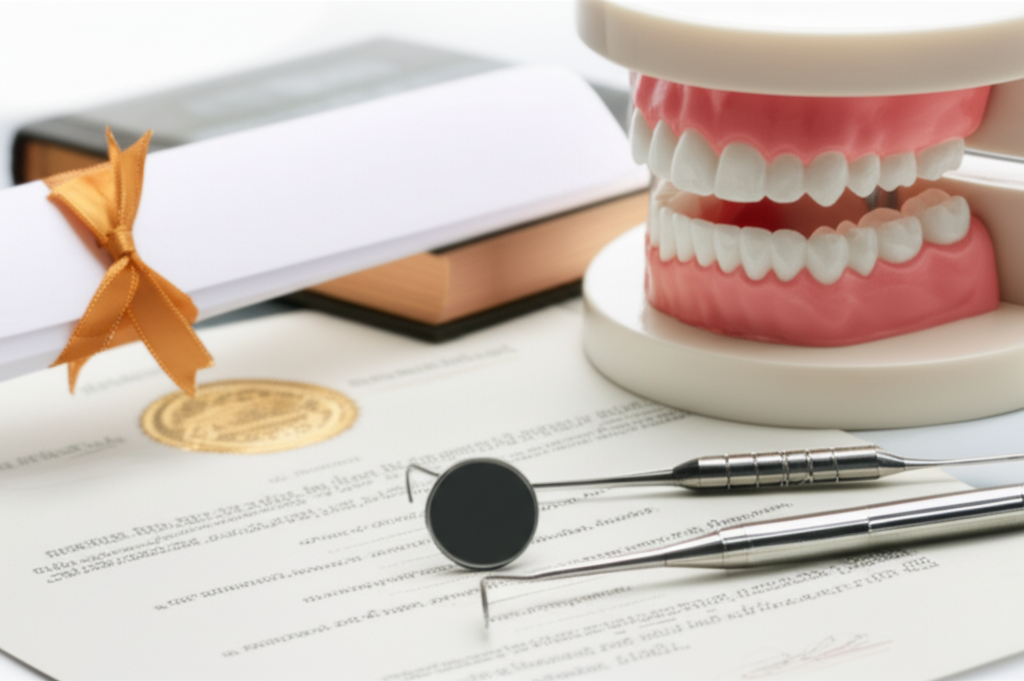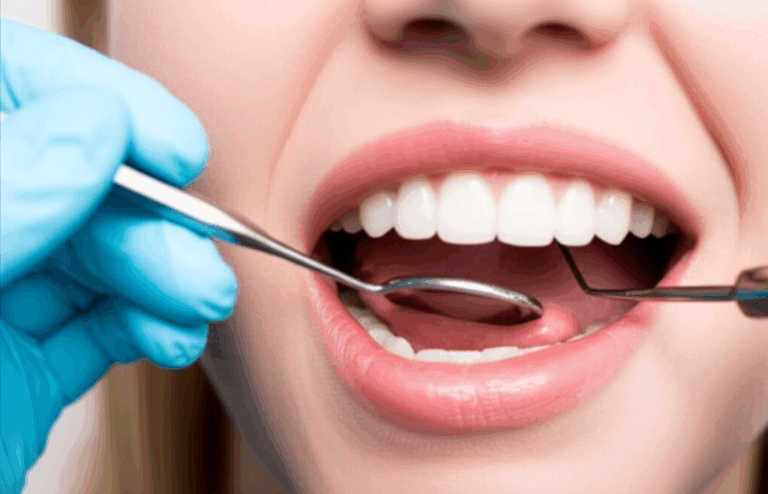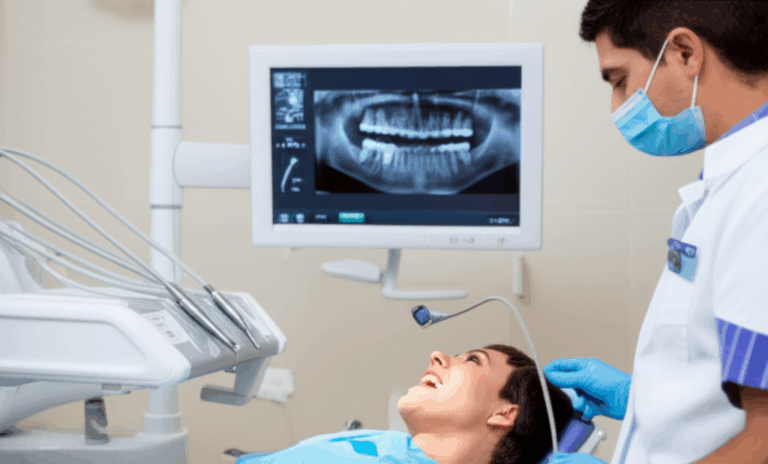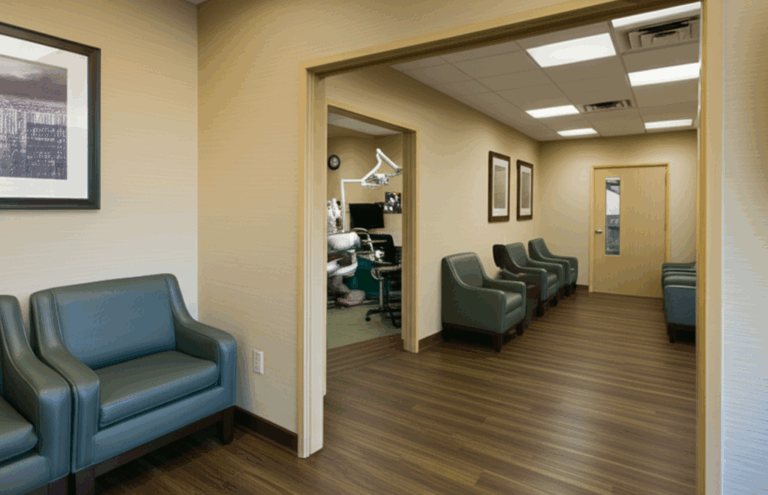
What is the Required Education for a Dentist? My Comprehensive, First-Hand Guide
Table of Contents
- Required Coursework & Prerequisites
- Picking a Major That Fits
- Beyond Grades: Building Your Application
- What the DAT Really Covers
- Why Your Score Matters
- DDS vs. DMD: What I Learned About “The Letters”
- Inside the Dental School Curriculum: Year by Year
- The Rigorous Application Process
- General Practice Residency (GPR) & Advanced Education in General Dentistry (AEGD)
- Specializing in Dentistry: A Closer Look at Options
- How Long Do Specialties Add?
- National Board Dental Exam (INBDE)
- Clinical Board Exams & State Laws
- Lifelong Learning: Continuing Education (CE)
Introduction: Why I Chose Dentistry
If you’re reading this, I guess you want to know what it really takes to become a dentist. I’ve been there, from tough college science classes to treating my first real patient. If you like helping people, using science, and doing careful work with your hands, dentistry could be for you. The road is long, but if you want a job that’s respected and rewarding, I’ll tell you what you need to know about becoming a dentist—plain and simple.
The First Step: Undergraduate Education (Pre-Dental)
Required Coursework & Prerequisites
Very early, I found out that dental schools don’t care what you study in college, as long as you take their required science classes. Most schools want you to have:
- Biology: General biology, microbiology, anatomy, and physiology showed up on my list.
- Chemistry: General chemistry, organic chemistry, and biochemistry were must-dos. (I’m not going to lie, organic chemistry was tough.)
- Physics: Two semesters of basic physics.
- Mathematics: Usually calculus, sometimes statistics counts too.
- English/Communication: At least two classes—writing well and being able to talk to people is important.
Schools post their lists online. I checked every year to make sure I didn’t mess up and forget a class. I was always nervous about missing something!
Picking a Major That Fits
People often ask me, “Do I have to be a biology or chemistry major?” The answer is: no. Most of my classmates did pick science majors (like Biology or Chemistry), but some studied things like psychology or even art. As long as you finish the science classes required, you’re okay.
Pick something you like. Dental schools look at your grades, how hard your classes are, and what makes you stand out.
Beyond Grades: Building Your Application
When I applied, I learned dental schools look at your whole story, not just your grades. Here’s what really helped me:
- Clinical Shadowing: I spent over 100 hours watching a general dentist and some specialists. This showed me what the job is really like.
- Volunteer Work: I helped in free clinics and community outreach. Schools really like this.
- Research Experience: Not required, but I got involved in a dental research project. It came up during interviews.
- Leadership/Extracurriculars: I took charge in some clubs and community groups.
- Manual Dexterity: I listed model building as a hobby. Schools like to know you have steady hands—working on tiny teeth isn’t easy!
Dental schools want real people. Grades and DAT scores matter, but so does showing that you care and that you’re a leader.
The Dental Admission Test (DAT): My Make-or-Break Exam Moment
What the DAT Really Covers
The DAT is the first big hurdle. Here’s what surprised me:
- Natural Sciences: Biology, General Chemistry, Organic Chemistry. (Tough even after classes.)
- Perceptual Ability Test (PAT): This is special for dental school. You rotate shapes, solve puzzles.
- Reading Comprehension: You read long, tricky science articles to check your understanding.
- Quantitative Reasoning: Math problems, statistics, and logic questions.
I spent months studying—using books, online tools, and practice exams was key.
Why Your Score Matters
The year I applied, accepted students had about a 21 DAT score (average). Perceptual part was about 20–21 too.
A high DAT score might help if your GPA is a little lower. But there’s no magic number—schools look at everything. Still, a low DAT score can really hurt your chances, so take it very seriously.
Four Years of Dental School: The Heart of Training
DDS vs. DMD: What I Learned About “The Letters”
My family always asked, “Will you be a DDS or a DMD?” Truth is, there’s no difference. Both mean you’ve finished dental school and can practice. It just depends on the school’s history: some give a DMD, some a DDS.
Both are approved by CODA (Commission on Dental Accreditation). Employers don’t care which one you have.
Inside the Dental School Curriculum: Year by Year
Here’s what my four years looked like (it varies a little by school):
Years 1-2: Science Basics and Pre-Clinical Skills
- Classes: Anatomy, physiology, microbiology, biochemistry, dental materials. I worked on cadavers and learned about every part of the head and neck.
- Practice Labs: Using fake teeth and models, we learned to drill, fill, and use tools. It was kind of scary at first.
Years 3-4: Real Clinic and Treating Patients
- Seeing Real People: With a teacher watching, I did cleanings, fillings, root canals, and pulled teeth.
- Specialty Rotations: I spent some time in braces, surgery, kids’ dentistry, gum care, and making replacement teeth. This helped me see what I might want to focus on.
- Community Dental Health: Some schools send you out to help in the community. These were some of the days that made me proudest.
- Running a Practice, Ethics, Law: You learn about managing a business and your legal responsibilities, too.
Every year gets harder. I spent a lot of late nights practicing and studying.
The Rigorous Application Process
To apply to dental school, everything went through AADSAS (Associated American Dental Schools Application Service):
- GPA (Overall and Science): My grades were a bit better than the national average (~3.55 overall, ~3.46 science). Every fraction helps.
- DAT Score: Needed a strong score to get noticed.
- Personal Statement: I wrote honestly about my path. Being real matters.
- Letters of Recommendation: I asked people who knew me well as a student and future dentist.
- Interview: Expect tough questions—why dentistry, how you handle problems, what you’re passionate about.
It’s not easy. Some people take a gap year to improve their application.
Life After Graduation: Residency and Specialization
General Practice Residency (GPR) & Advanced Education in General Dentistry (AEGD)
After dental school, I had to decide: work right away or do a residency. Most general dentists don’t have to do one, but I did a year-long GPR. It helped me get better, faster, and more confident.
GPRs and AEGDs are usually 1–2 years. Doing it let me learn more before I worked by myself.
Specializing in Dentistry: A Closer Look at Options
Dental school shows you lots of specialties. If you want to be an orthodontist (braces), oral surgeon, root canal expert, gum specialist, tooth replacement expert, children’s dentist, or work in dental public health, you’ll need extra school:
- Orthodontics: 2–3 years
- Oral and Maxillofacial Surgery: 4–6 years (sometimes you get a medical degree too)
- Kids’, Root Canal, Gum, and Replacement Teeth: 2–3 years each
- Other Specialties: 1–5 years depending on focus
Getting into these is tough. You need good grades, good test scores, and strong recommendations.
How Long Do Specialties Add?
Some people are finished in 10 years after high school. Specialists—like surgeons—might need 14 years or more! Everyone’s path is a little different.
Getting Licensed: The Final Hurdle
National Board Dental Exam (INBDE)
Before you can work on your own, you have to pass the Integrated National Board Dental Examination—a big test that covers all dental knowledge.
Clinical Board Exams & State Laws
On top of the national test, I had to do a hands-on exam—live, with real patients. The test name depends on your area (mine was ADEX). Some states make you pass a law test too.
Lifelong Learning: Continuing Education (CE)
Getting your license isn’t the end. States make you do new training every year to keep up your skills. I actually like learning new things this way—it keeps my job interesting and helps me help my patients.
The Timeline Explained: How Many Years Does it Take?
The journey, simply:
- High School: 4 years (everyone has to do this)
- College Degree: 4 years (usually a science focus)
- Dental School (DDS/DMD): 4 years
- Optional Residency (GPR/AEGD): 1–2 years
- Specialty Training: 2–6 years (if you want to specialize)
Most general dentists need 8 years after high school. Specialists may spend 10–16 years.
Frequently Asked Questions (FAQs)
Can I become a dentist without a college degree?
Not in the US. You need a college degree. Combined programs are rare and very hard to get into.
How much does dental school cost?
A lot. Around $40,000–$70,000 per year for public schools (in-state), and $75,000–$105,000 for private. Not even counting living expenses. Many end up with $300,000–$400,000 in student loans.
What GPA do I need for dental school?
Most accepted students have an overall GPA around 3.55 and a science GPA about 3.46. But schools look at everything.
What’s a good DAT score?
The average for accepted students is about 21.
Can you go straight from high school to dental school?
Usually no. You must have at least 3 years of college, but almost everyone finishes a full degree first.
DDS vs. DMD—is there a difference?
Nope. Both mean you’re a dentist.
Integrating With Modern Dental Practice
Since I started, I’ve used more and more new technology. For example, using digital scans and working with a digital dental lab changed how I make crowns and bridges. New dental ceramics and high-quality materials from a crown and bridge lab give patients better smiles that last longer. As a dentist, you need to keep learning, and work with others in the field to give people the best care.
Conclusion: My Honest Advice for Aspiring Dentists
Becoming a dentist isn’t easy. There were times I worried I wouldn’t make it. What kept me going? The smiles I helped create, the science I got to use, and the chance to keep learning.
If you’re really interested, learn what’s expected, plan your courses early, find hands-on chances to learn, and be ready to work hard. It’s a lot to take on, but it’s worth it.
If you have questions, ask! I remember how I felt at the start, and I’m happy to help however I can. Dentistry changed my life—and if you put in the effort, it can change yours too.








